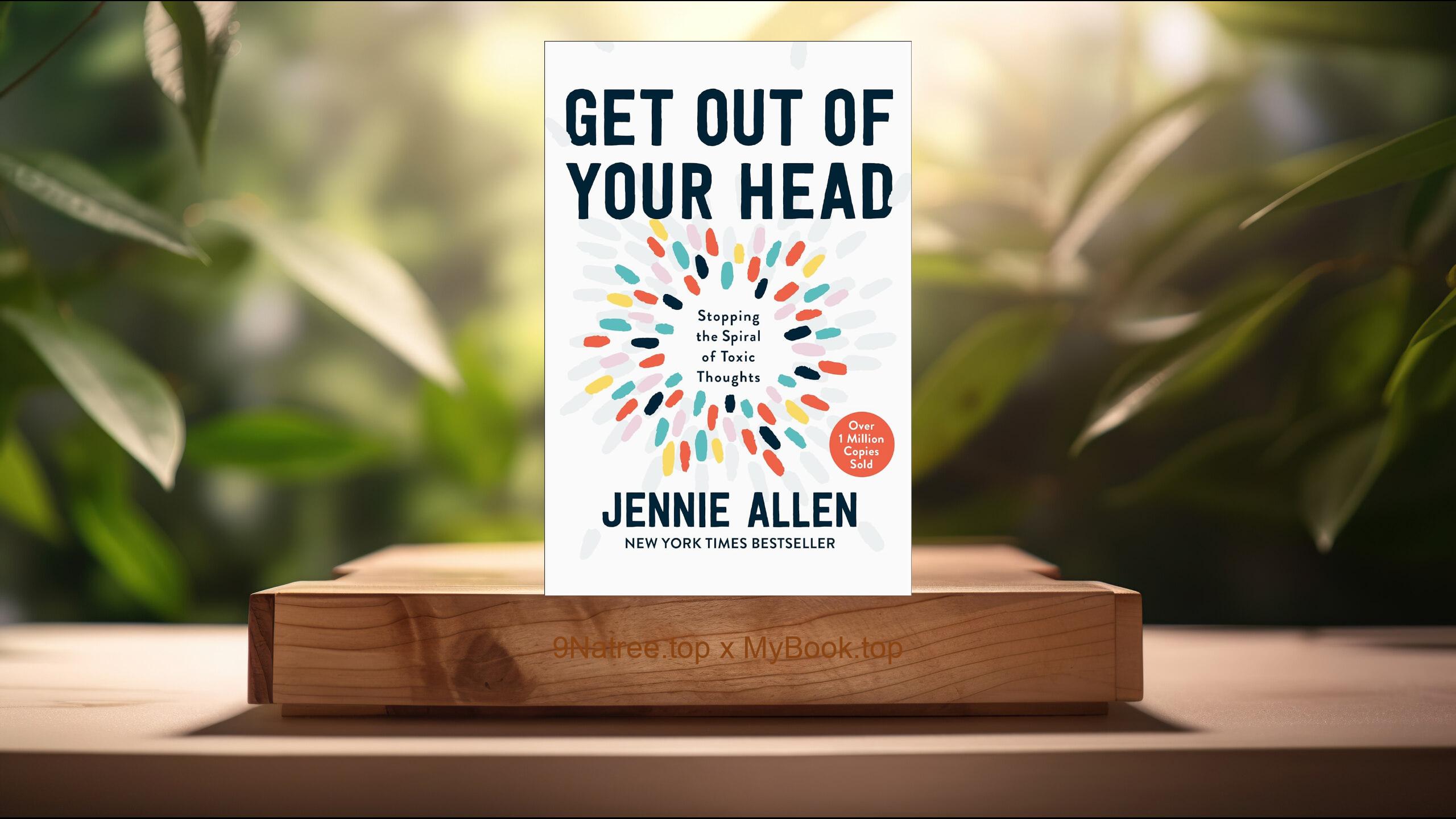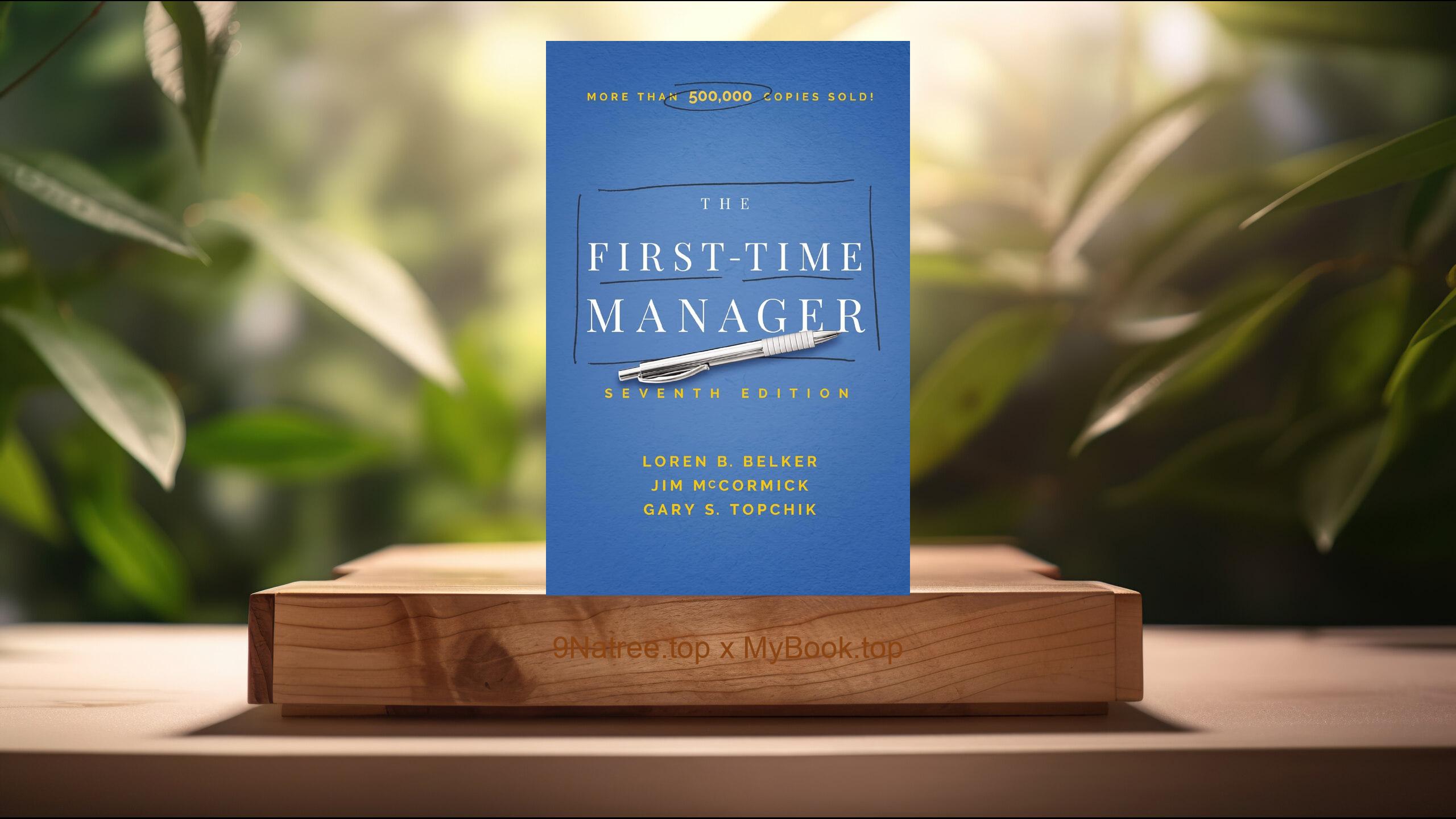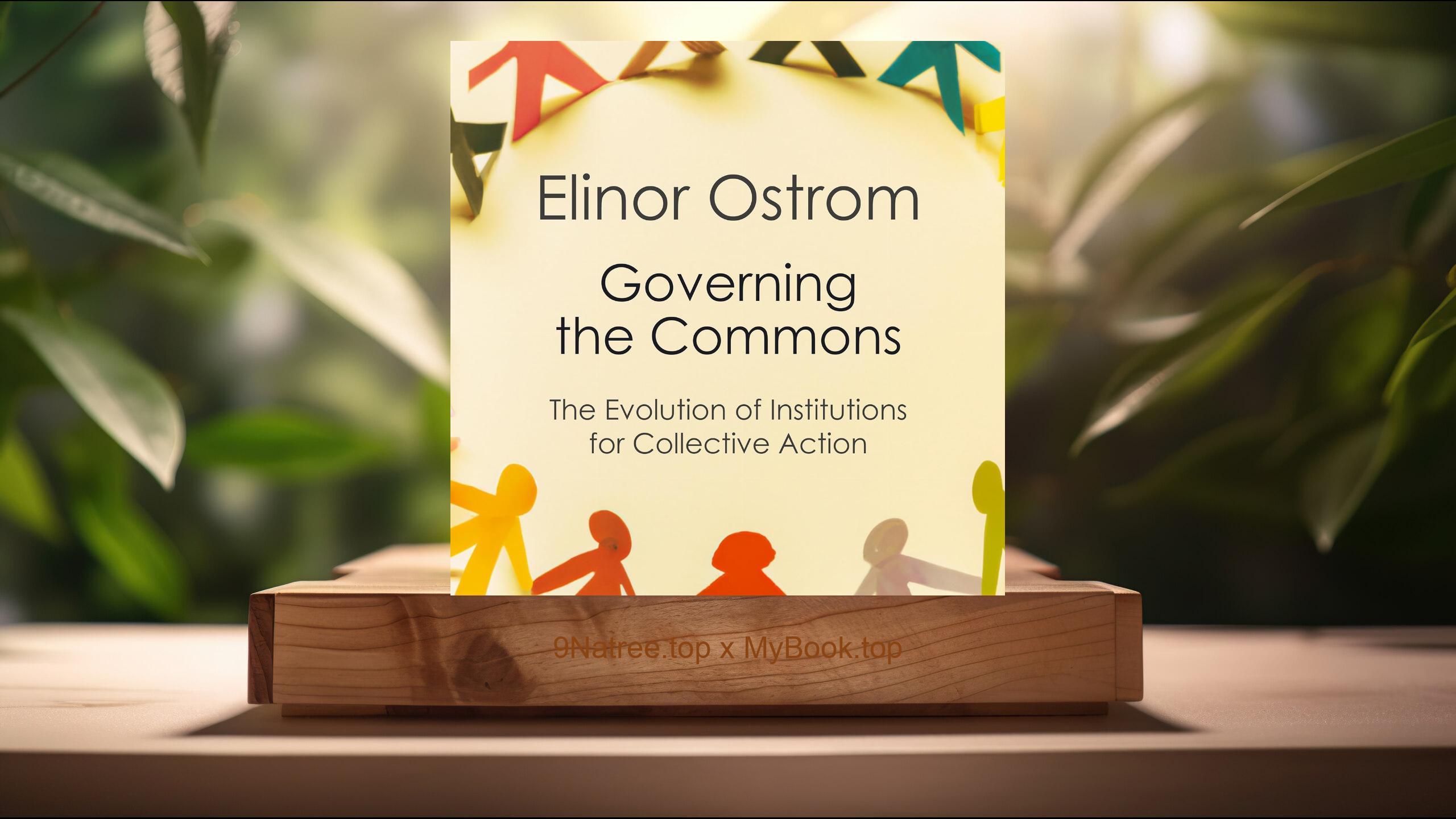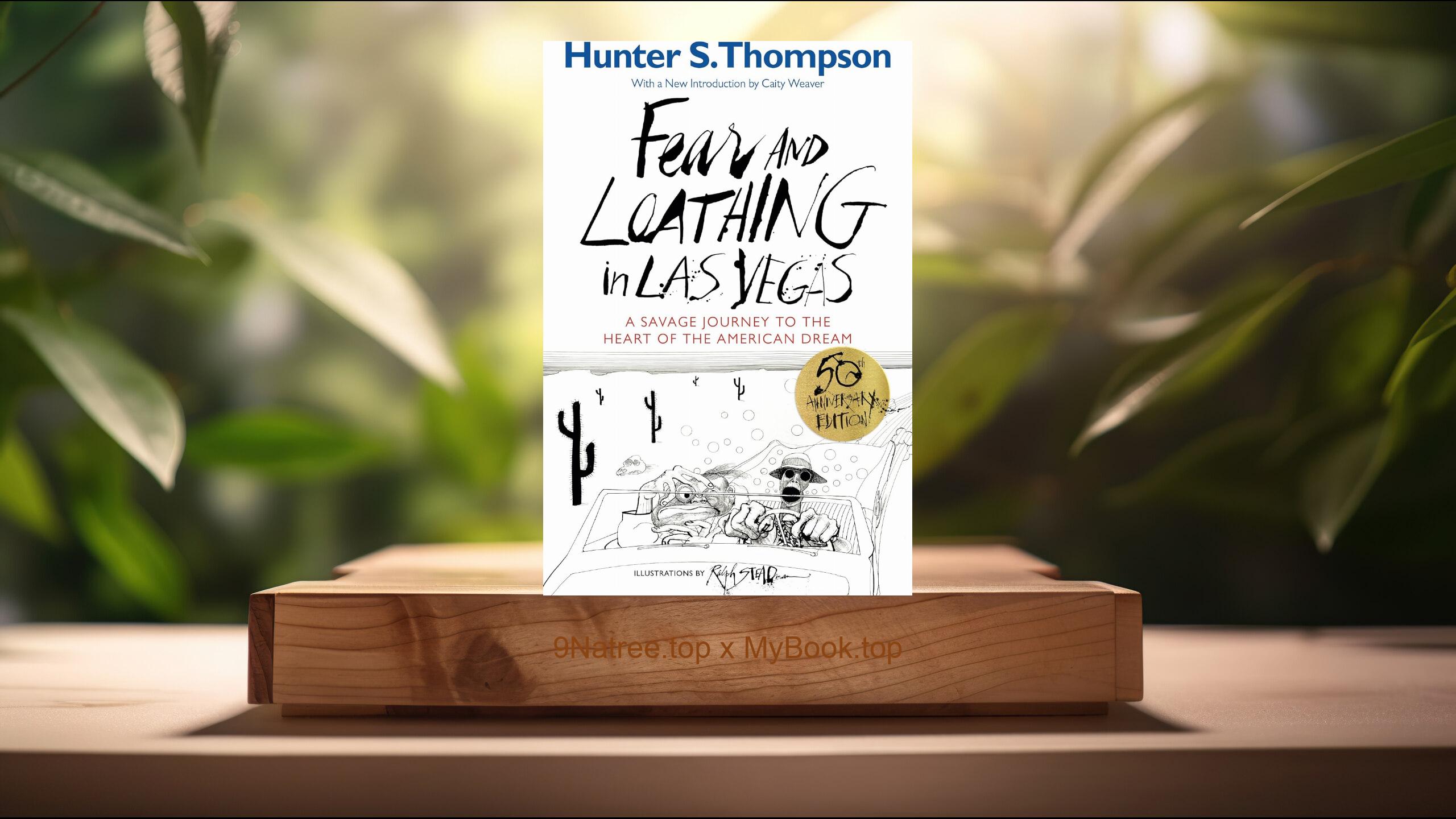Show Notes
- Amazon US Store: https://www.amazon.com/dp/B0C7RPB2SX?tag=9natree-20
- Amazon Worldwide Store: https://global.buys.trade/Fluke-Chance-Chaos-and-Why-Everything-We-Do-Matters-Brian-Klaas.html
- eBay: https://www.ebay.com/sch/i.html?_nkw=Fluke+Chance+Chaos+and+Why+Everything+We+Do+Matters+Brian+Klaas+&mkcid=1&mkrid=711-53200-19255-0&siteid=0&campid=5339060787&customid=9natree&toolid=10001&mkevt=1
- Read more: https://mybook.top/read/B0C7RPB2SX/
#ChanceandChaos #IllusionofControl #ButterflyEffect #RoleofLuck #ResilienceandUncertainty #CognitiveBiases #SuccessandMeritocracy #Fluke
These are takeaways from this book.
Firstly, The Nature of Chance, Brian Klaas begins 'Fluke' by exploring the foundational concept of chance. He delves into how chance and chaos theory intertwine, affecting everything from genetic mutations to large-scale historical events. Klaas discusses how random fluctuations underlie the structure of the universe, influencing the course of evolution and human history. Through a blend of scientific evidence and philosophical musings, Klaas invites readers to acknowledge the omnipresence of randomness in our lives. He elucidates on how, despite our craving for control and predictability, embracing the unpredictable nature of life can lead to a deeper understanding of our world and our place within it.
Secondly, The Illusion of Control, 'Fluke' also tackles the psychological aspect of human interaction with chance, particularly our inherent belief in the illusion of control. Brian Klaas skillfully explains how humans tend to overestimate their ability to influence outcomes, leading to a range of cognitive biases. This segment of the book delves into studies and experiments that reveal our predisposition to attribute success to skill and failure to bad luck. Klaas argues that this illusion can be both comforting and dangerous, potentially leading to overconfidence and misjudgment of risk. He makes a compelling case for the importance of recognizing and accounting for this bias in decision-making processes, both on a personal and societal level.
Thirdly, The Impact of Small Actions, One of the most inspiring sections of 'Fluke' explores the monumental impact that small, seemingly inconsequential actions can have on the world. Brian Klaas discusses the butterfly effect—a concept from chaos theory that illustrates how minor changes in initial conditions can lead to vastly different outcomes. He brings to life real-world examples of how a simple act of kindness or a small decision can ripple through time and space, altering lives and even changing the course of history. This topic encourages readers to contemplate the weight of their actions, highlighting the potential for each individual to contribute positively to the world, despite the chaos and randomness that pervades it.
Fourthly, The Role of Luck in Success, In examining the role of luck in success, 'Fluke' offers a refreshing perspective on achievement and meritocracy. Brian Klaas provides an insightful analysis of how chance events can pave the way for success, often independent of hard work and talent. By dissecting the success stories of renowned individuals and companies, Klaas reveals the oft-overlooked factor of luck. This discussion challenges the reader to reconsider societal notions of success and the meritocratic ideal, suggesting a more nuanced understanding that incorporates the random opportunities and fortunate circumstances that contribute to achieving one's goals.
Lastly, Cultivating Resilience Amid Uncertainty, The final key topic in 'Fluke' centers on cultivating resilience in the face of uncertainty. Brian Klaas articulates the importance of developing strategies to thrive despite the unpredictable nature of our existence. Drawing from psychology, history, and personal experiences, Klaas outlines practical ways to build resilience, adaptability, and a positive outlook. He emphasizes the significance of maintaining a balance between planning for the future and embracing the present moment. This segment serves as a potent reminder that while we cannot control every aspect of our lives, we can choose how we respond to the randomness and chaos, ultimately shaping our own resilience and well-being.
![[Review] Fluke: Chance, Chaos, and Why Everything We Do Matters (Brian Klaas) Summarized](https://episodes.castos.com/660078c6833215-59505987/images/1884327/c1a-085k3-mk1op1x0a86x-ujmxge.jpg)




